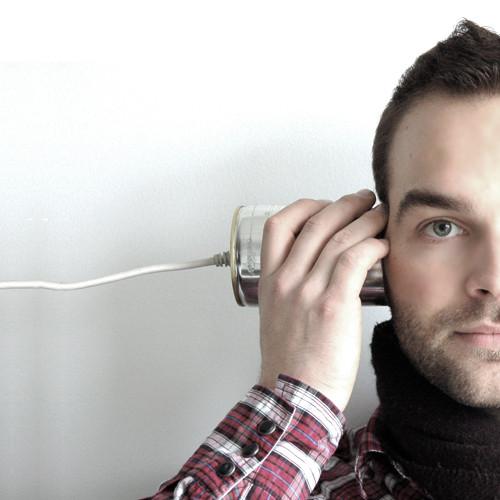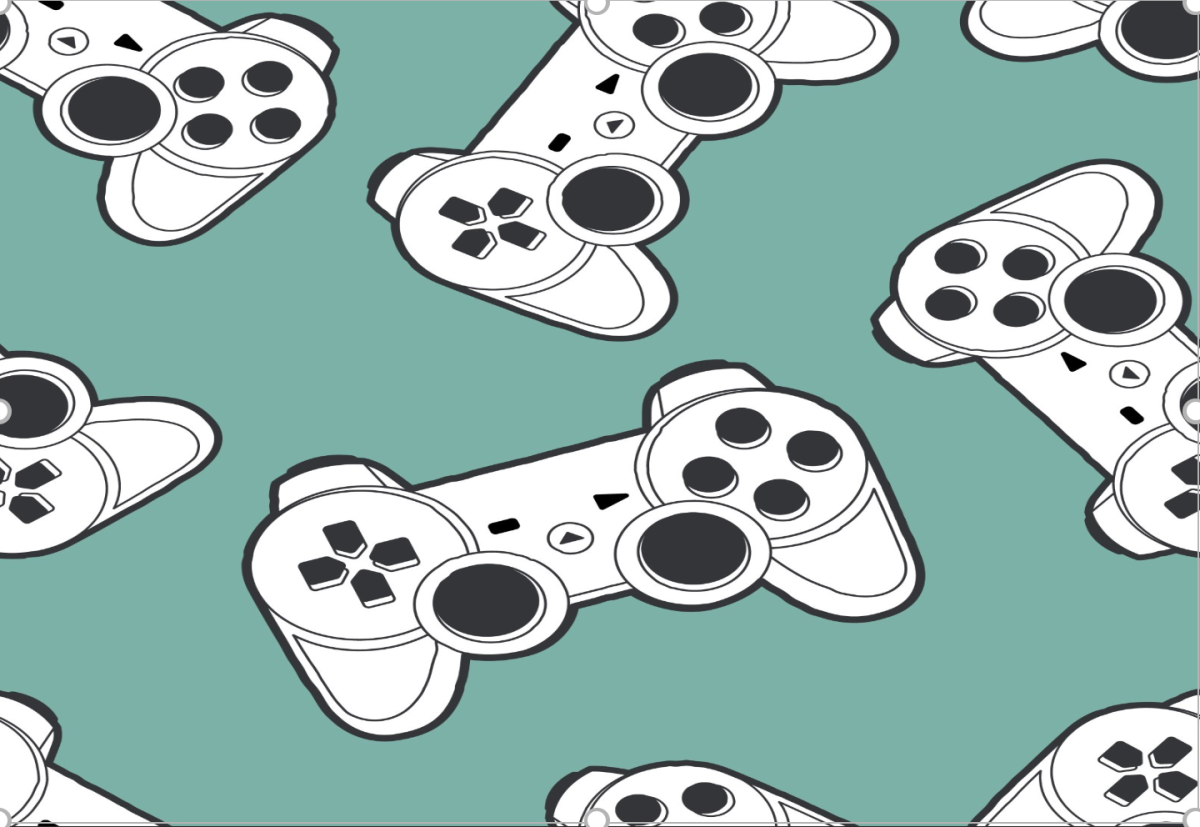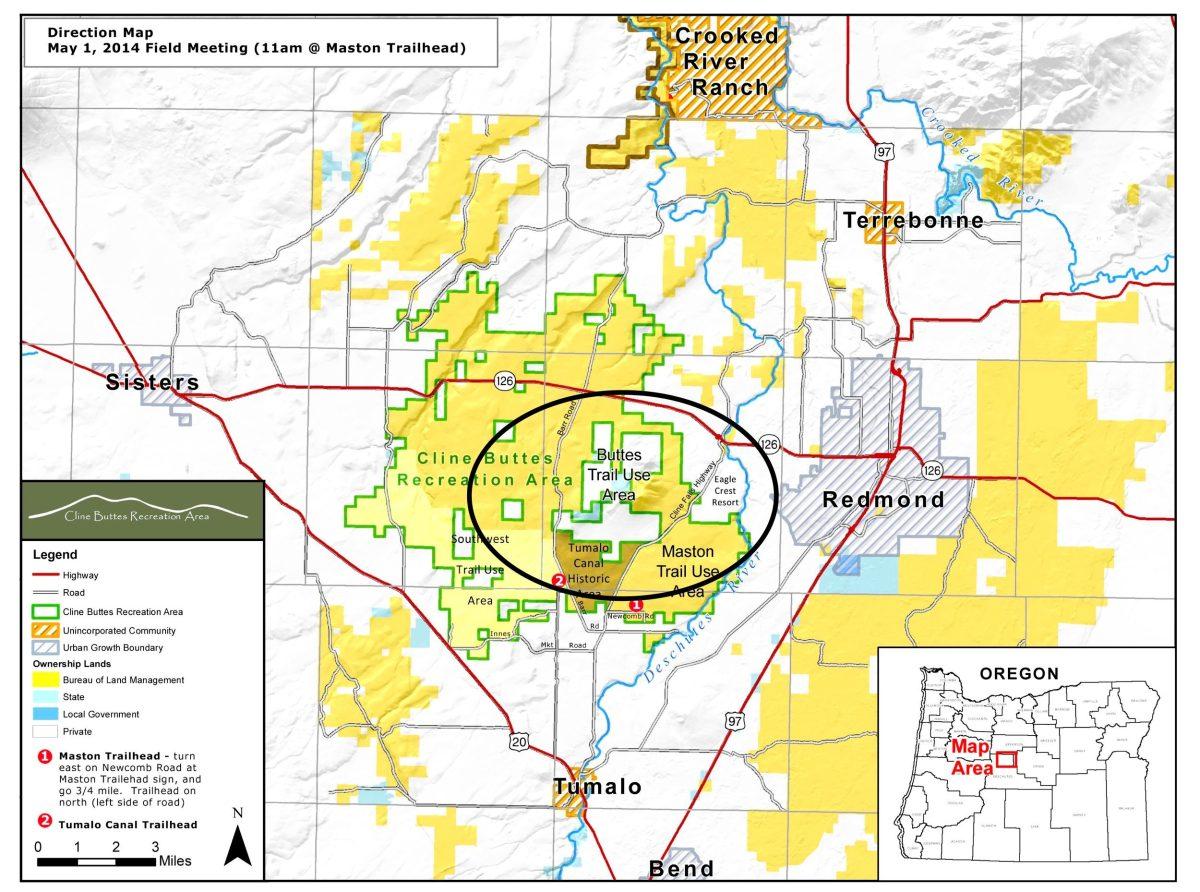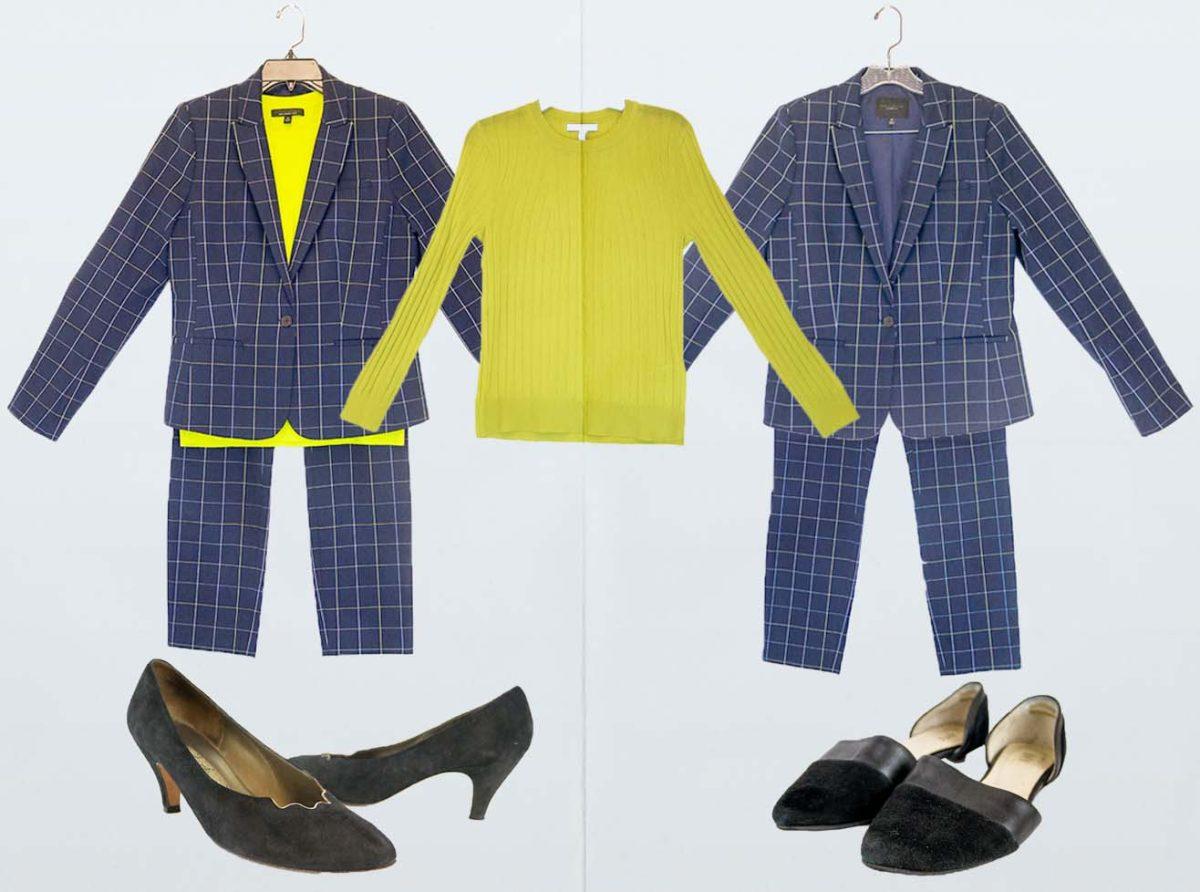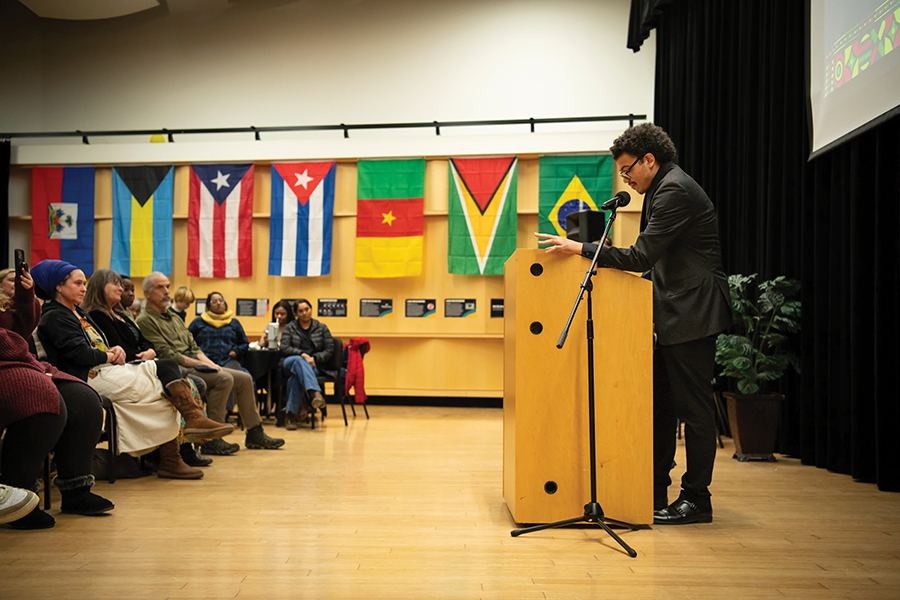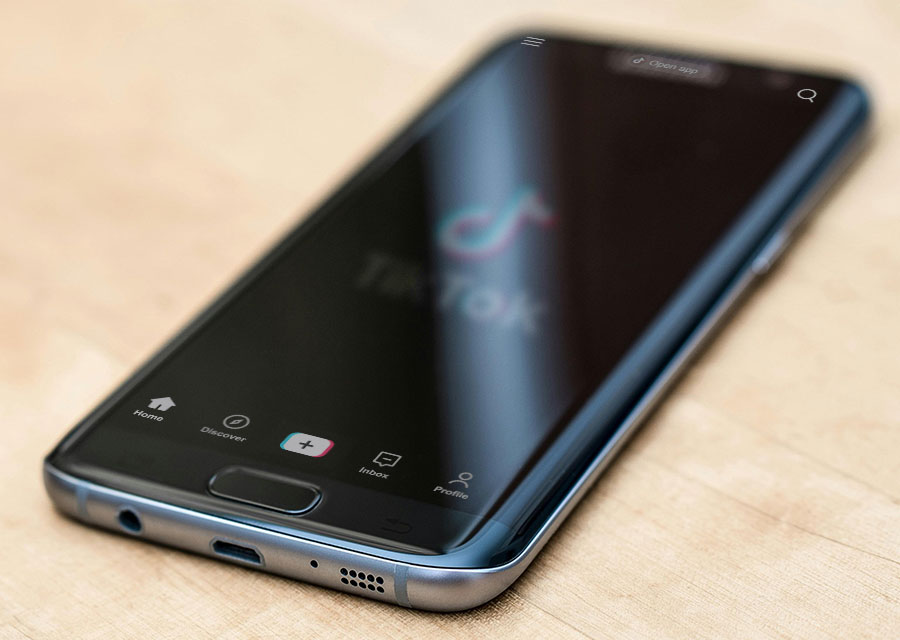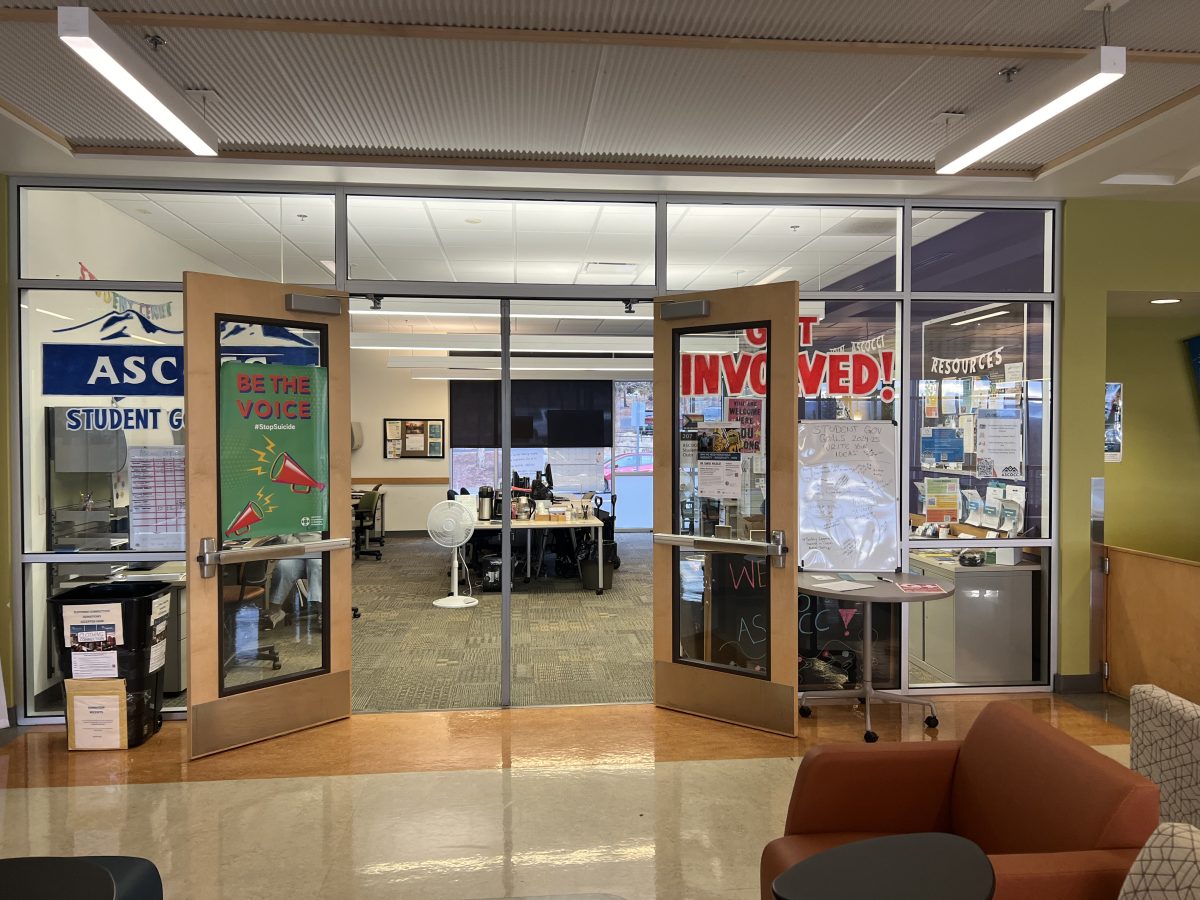Why people in 2020 don’t listen anymore.
Kate Couch/ The Broadside
With technology shortening our attention spans and politics being a seemingly unavoidable topic it seems like America is never going to agree. What people fail to realize is, though the world is a broken place, and our country is going through it right now, there is one basic thing we can all be doing- listening. Your first thought was probably “Whoa I do listen,” but I’m here to tell you that you don’t. This is the problem with Americans these days, we don’t listen, we just think we do. With a bit of effort, this could be the start of amending the world’s problems or even your smaller personal ones.
What do you mean I don’t “listen”?
I hate to break it to you, but you don’t, and neither do I quite honestly. This idea all got started a couple of months ago when I was sitting down having coffee with a friend, as I do often. We were having a good time and she was telling me all about her recent struggles with love or school. I was looking at her nodding and reacting when suddenly she looks at me and says, “you’re not listening to me,” stunned I immediately defend myself telling her that I was indeed listening and knew what she was venting to me about. “No, you’re not” she exclaimed. Enamored I asked her to elaborate. She went on to tell me how I’m always thinking about what I’m going to say next, or my opinion on the things she was telling me about. She said I was so focused on my opinions or what I was going to say, that I never really reacted in an organic way to her. Nor was I able to empathize or able to understand what she was going through because I was so focused on myself.
This definitely took me aback at that moment, but the more I think about that conversation the more I realize that she’s right. We are all guilty of this “in focus out of focus” listening. We so rarely get out of our own heads to actually try to understand where the other person is coming from. Whether this is when you’re listening to a friend, a stranger talking about politics, or even just having a conversation with somebody who doesn’t agree with you. In one way or the other, we are so convinced that we are right that we don’t listen.
Why do we do this?
Harvard Business Review did a study on how well people can retain information that was given to them. This study concluded that listeners on average only could remember 25% of the information that was given to them. The study goes on to find that within eight hours over 80% of the information was lost. What does this mean? We as humans don’t have the proper tools to listen and retain information. The Harvard Business review also noted that schools focus more on reading and writing tools, over listening tools. Schools think that they are interchangeable when rather they require different sets of skills.
We are taught from an early age to “shut up and listen.” That kind of listening has silenced our voices, which leads us to be distracted visually while the audio is seemingly going in one ear and out the next. What we need to integrate is interactive listening into our education systems. The Chinese Journal of Applied Linguistics has an article on what interactive listening looks like. In short, their article finds that it is not how we act but it’s how we react. In schools and education systems we are discouraged to react to the information we’re receiving in an effort to keep classes calm and contained. But this creates a learning disconnect when it comes to listening.
Why do people always think they are right?
James Clear author of “Atomic Habits” touches on this subject in his book. He says, “people are connected by their beliefs,” meaning that your beliefs and opinions from an early age are taught to have value. The problem with this is we are coming into an age where if you believe it, it’s true. This seems great in some people’s eyes. In terms of listening to other people’s thoughts and opinions while growing as individuals, it stunts us in our ability to listen to others, because we believe that we already know what we want to know.
How do I start listening?
It almost seems like a funny question but it’s something a lot of us must relearn how to do. Start small with friends and family trying to truly understand where they’re coming from when they’re voicing their opinions or venting to you about their thoughts or problems. Try empathizing with people- use what they are telling you to take you to a place of understanding how that must feel. Instead of being so focused on what you’re going to say and how you’re going to react, try to be more organic at that moment, with friends, family, and even a stranger who need someone to listen.
With everything that’s going on in our world, there is an emphasis on the importance of friendship, family, and community. We need to focus on being a good listener, adaptive learner and, willing to admit that your thoughts, beliefs, and opinions have a great chance of being wrong. In doing this we will make greater strides as a nation and community to become more empathetic and less divided.


